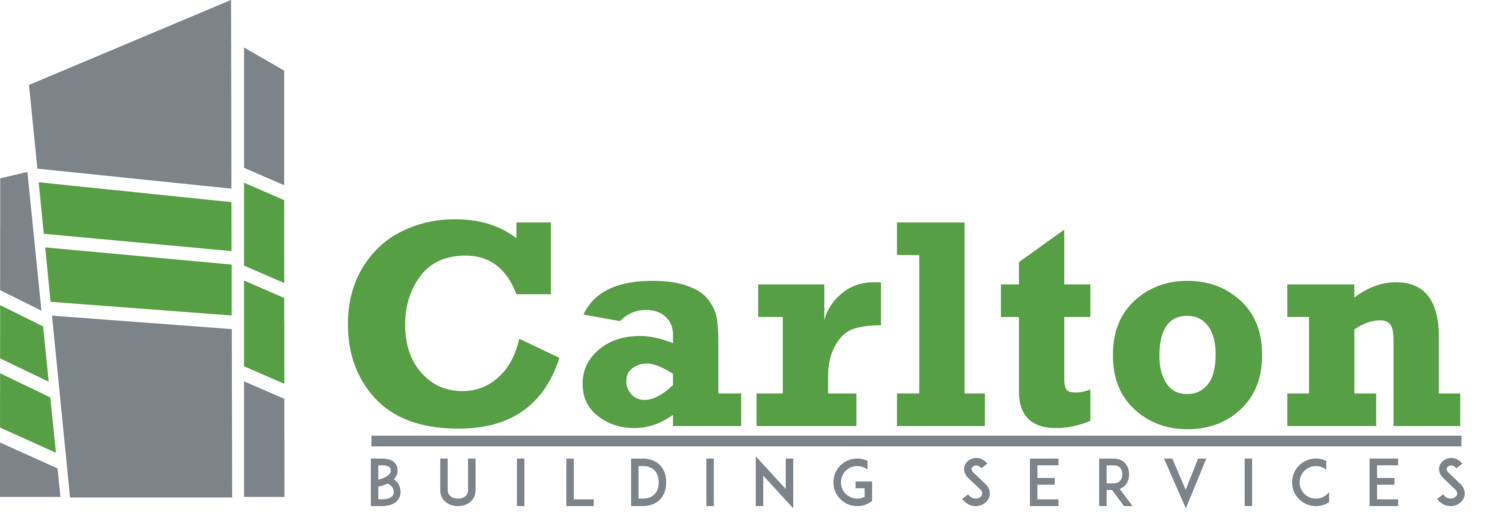Renovating your business’ storefront or remodeling a condo complex can be confusing, and one of the most mind-boggling elements is when and how to apply for building permits. When creating a commercial construction timeline with your contractor, consider when and how to apply for building permits.
For businesses located in Chesapeake, Virginia, this guide outlines the types of building permits in Chesapeake, Virginia, and the process to apply for the right permit. Continue reading to discover what type of permit your project needs and why it’s best to work with a local contractor who can help you navigate the permit application process.
What is a Building Permit?
A building permit is a document issued by the local government, approving a new construction, building alteration, or building addition. While this sounds straightforward, understanding the process and which type of permit is needed can be confusing, especially for those who don’t work in construction.
The requirements for a building permit vary from city to city, which is why it’s best to check with a guide focused on your area.
Residential vs Commercial Building Permits in Chesapeake
Before applying for a permit in Chesapeake, Virginia, it’s important to note if your project is residential or commercial. Unlike in nearby Virginia Beach, the process between the two doesn’t differ as much (because divisions must also be considered in Chesapeake, which we’ll discuss in the next section).
Still, it’s important to know which project type you have and to work with an appropriate contractor who specializes in one or the other. If a building or structure will be used for business, a commercial permit is needed.
Commercial buildings include, but are not limited to:
- Storefronts
- Restaurants
- Hair salons
- Healthcare facilities
- Assisted living homes
- Multi-family houses
- Condo complexes
- Gyms
If a business operates out of a building or multiple families live in a structure and pay rent, it’s safe to assume a commercial permit is needed. In contrast, residential buildings are those lived in by a single family, such as a single home or townhouse in a residential district.
While it might seem like a condo complex falls under residential, it’s considered a commercial project if you’re renting out units to multiple families. This applies, even if you or your family live in one of the units.
Four Divisions in Chesapeake
Along with understanding if a project is residential or commercial, there are four divisions that permits can be submitted to:
- Building, Permits, Plan Review, and Inspections
- Zoning and Property Maintenance Enforcement
- Civil Permitting, Civil Inspections, and Commercial and Subdivision Development
- Site Construction Plan Review and Engineering Subdivision
Most commercial and residential applications are reviewed through the first division. This includes additions, accessory structures, renovations, and any work in the trades (plumbing, electrical, mechanical).
Some site plans may be submitted through the fourth division, though this is less likely. To understand the right division for your project, talk to a local contractor who understands Chesapeake’s building code.
When a Commercial Building Permit is Needed
A commercial building permit is usually needed in Chesapeake, Virginia. Projects that must have a permit include new constructions, additions, and alterations.
Some smaller projects don’t fall under that umbrella. These include:
- Adding a new layer of paint
- Replacing hardwood floors
- Adding or replacing carpet
- Changing a door or window, so long as the swap doesn’t alter the building’s structure
- Replacing paneling or drywall
However, even with small changes, it can be hard to tell if it will be classified as an alteration and thus need a Chesapeake, Virginia building permit. Because of this, it’s also best to discuss any renovation project with a local contractor who understands Chesapeake’s building code.
New Commercial Construction
Let’s say you’re building a new hospital from scratch or you just bought a plot of land and want to knock down the existing structure to build a new grocery store. In either case, you’d need a permit for new commercial construction.
Since this project type differs greatly from renovating an existing structure, different regulations are needed and the permit requires different components. Working with a contractor in Virginia who understands these differences is essential.
Commercial Additions
Anytime you add onto a commercial building, you need this type of Chesapeake building permit. Adding a new room, garage, or screen-in space all count as commercial additions. Licensed contractors in your area should understand what is needed to submit this type of application.
Commercial Alterations
In Chesapeake, a different type of permit is needed for different types of alterations. For example, adding an elevator to the space requires an elevator permit, which differs from the gas permit.
To fully understand what alterations do and don’t need a permit and the type of permit needed, speak with a local commercial contractor, especially since the city’s website is vague on permit requirements for renovations and remodels.
Submitting the Application
An individual, business, or contractor can submit their permit request through eBUILD (electronic Building, Utilities, Inspections, Land Use, and Development). eBuild is an online platform that can be accessed 24/7.
Once on the platform, someone can submit their permit application, see the current status of any submitted applications, or look at requirements for a plan review or permit application. It’s also possible to schedule inspections or navigate various local projects in the eBUILD portal through their interactive map feature.
Frequently Asked Questions
How much is a building permit in Chesapeake VA?
The minimum fee for a permit in Chesapeake, Virginia is $50. On top of that, most businesses will pay an additional $10 for every 100 square feet. The city’s website outlines how this pricing structure works in more detail.
What requires a building permit in Virginia?
It can be tricky to determine what requires a building permit in Virginia since each city or area, not the entire state, defines building codes and permit requirements. In general, most new builds, additions, and major alterations need a permit while maintenance and repair projects don’t. For a more accurate answer, consult a local contractor.
What happens if you don’t get a building permit in Virginia?
Without a building permit in Virginia, the project cannot legally be undertaken. If someone still starts a project without a permit, they may face legal proceedings, as defined by section 155.3 of Virginia’s administrative code.


